Since we’re all going to hell (by someone’s rules), here is a glossary of terms you may need before you get there. I’d provide a map, but that is coming.
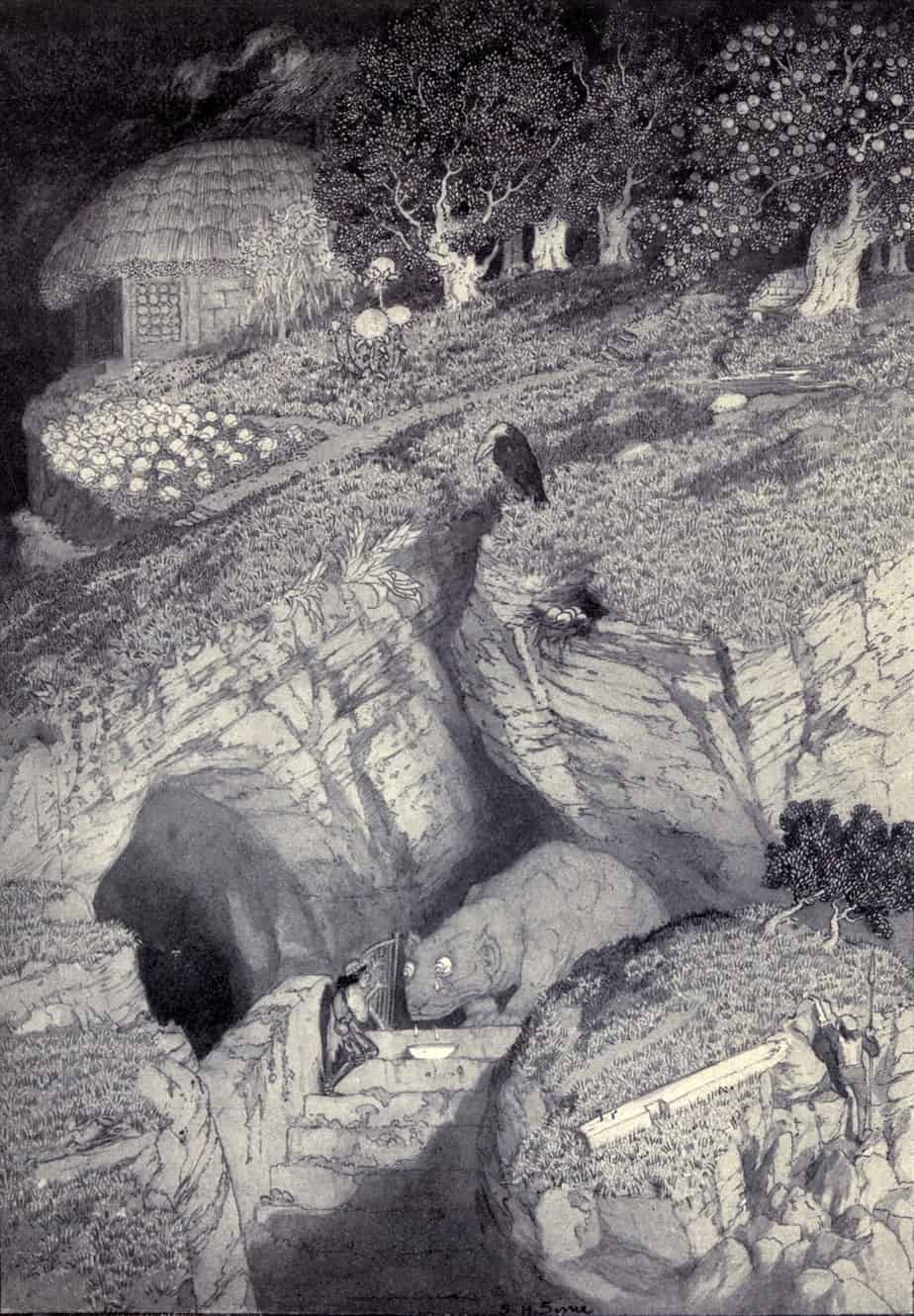
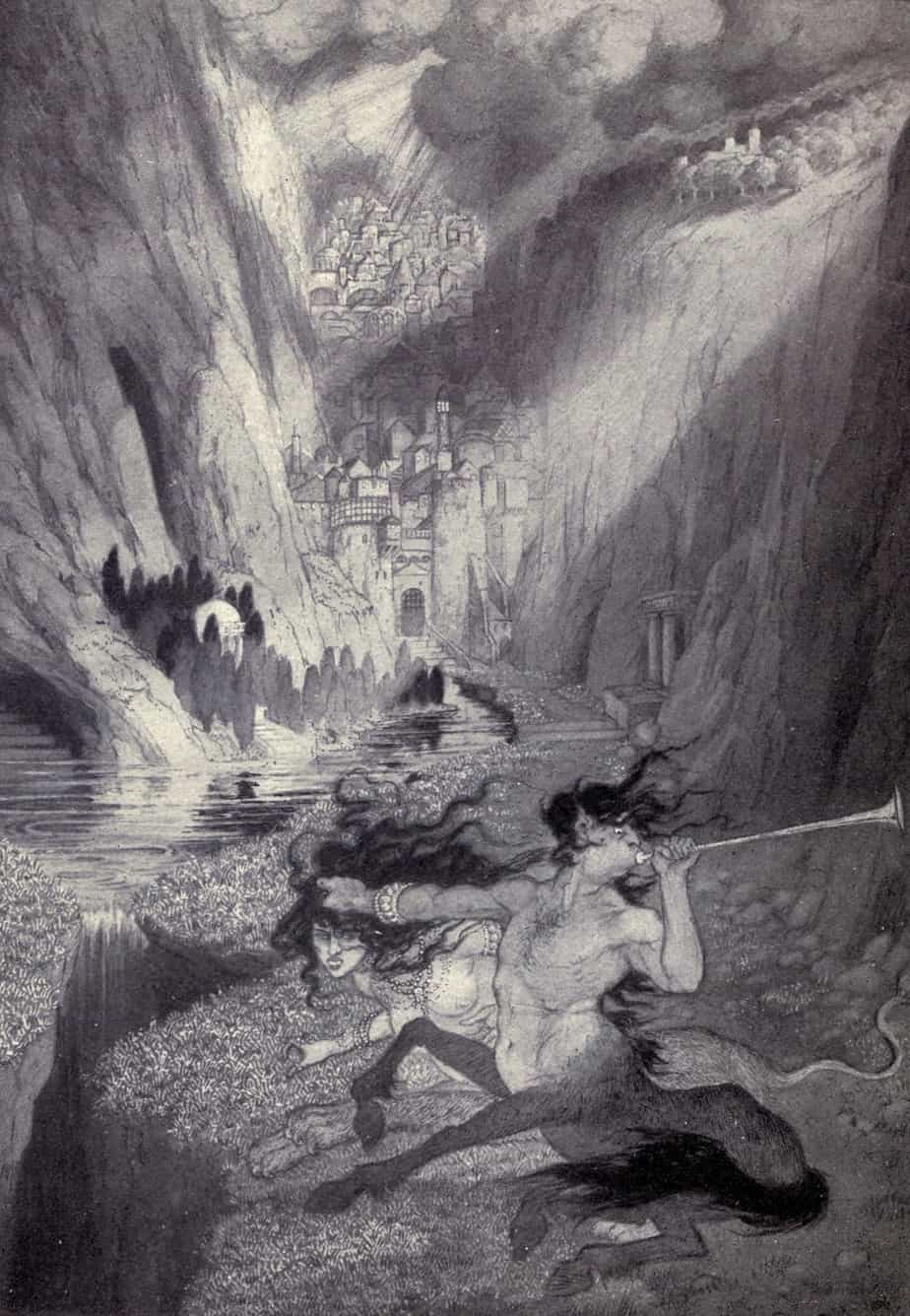
ACHERON
One of the Five Rivers of the Realm of Hades, according to Ancient Greeks. This is an actual river located in northwest Greece. The Ancient Greeks called it the ‘river of woe’. Homer and Virgil contributed to the mythology around it. Virgil called it the main river of Tartarus, which is where you go if you’ve been bad.
ASPHODEL MEADOWS
Of the Fields of Asphodel. According to Ancient Greek thought, this is the part of the Underworld where ordinary people are sent.
AVERNUS
The Romans geolocated the place where Virgil’s Aeneus is meant to have entered the Underworld, and they reckon the entrance is located at a placed called Avernus, a crater near Cumae. To the Romans, Aeneus refers to Hell/The Underworld.
BASEMENT
The symbolic underworld of the dream house is the basement. Naturally, stories with basements are more frequently found in fiction written by authors who live in countries where houses tend to have basements. Canadian writer Alice Munro makes use of this in her short story “Cortes Island“. Her main character lives in a basement, but the fairytale upon which is seems based takes its main character to the underworld.
BATS
Since bats like to live in caves, and since being inside a cave feels very much like being underground, no surprise bats are symbolically connected to the Underworld. In the Odyssey, the Fields of Asphodel is described. This is the first region of Hades, where shades of heroes wander despondently among lesser spirits, who twitter around them like bats.
BUFFY THE VAMPIRE SLAYER
Creator Joss Whedon is very familiar with Ancient Greek mythology and makes much use of the tropes and stories in his contemporary work. Buffy the Vampire Slayer is a reimagined Achilles in the body of a teenage girl, At one point, Buffy returns from a literal journey to the realm of the dead.
CELLAR
Whereas a basement is the floor of a residence or building entirely or partly located below ground level, a cellar is a room below the ground level used as a storage area. A dry cellar has housing shelves for storing wine, canned food and produce storage. Since storing things feels cosy and safe, appealing to our fantasies of self-sufficiency, the cellar has a much more cosy association than basement.
CELLERAGE
The hollow area beneath a Renaissance stage — known in Renaissance slang as “hell” and entered through a trapdoor called a “hellmouth.” The voice of the ghost comes from this area in Hamlet, which has led to scholarly discussion concerning whether or not the ghost is really Hamlet’s father or a demon in disguise.
CHARON
The Hellenes believed a guy called Charon would ferry dead people across The River Styx. He charged a small fee. How is a dead person meant to pay it? This is why loved ones would place a coin in the mouth of their dead relatives. I guess Charon knew to look in dead people’s mouths for it.
CHTHONIC
Deities, spirits, or anything connected or related to the Underworld. Means “of the earth.”
COCYTYS
One of the Five Rivers of the Realm of Hades. Means lamentation. In Inferno, the first cantica of Dante’s Divine Comedy, Cocytus is the ninth and lowest circle of The Underworld.
DANTE
Full name: Dante Alighieri, an Italian poet known for using everyday language instead of Latin to create his art. His depictions of Hell, Purgatory and Heaven inspired many subsequent Western artists including Geoffrey Chaucer, John Milton and Alfred Tennyson. You’ve probably heard of Dante’s Inferno.
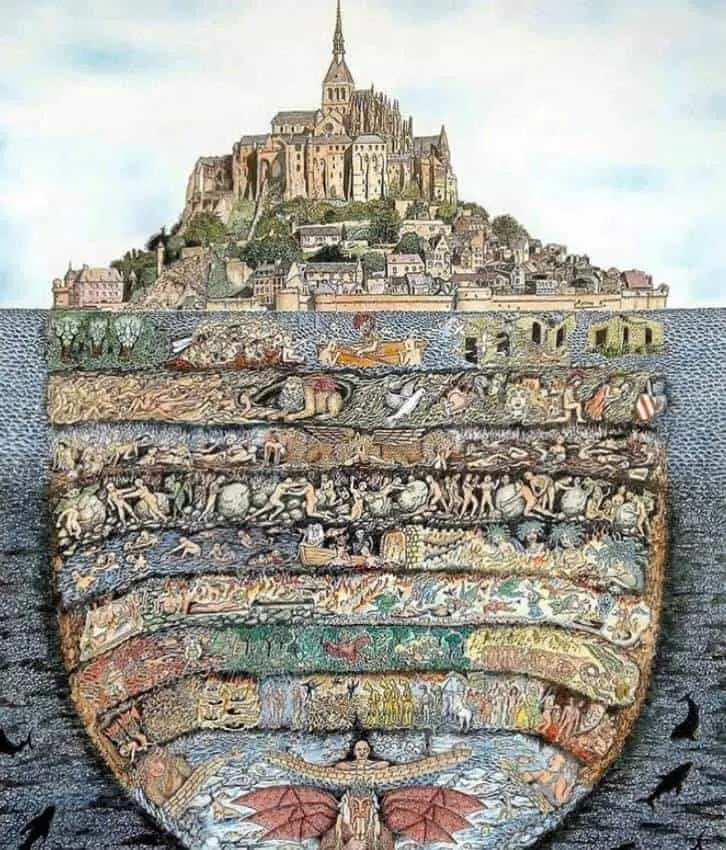
DI INFERI
The Romans used this phrase to refer to a collective of underworld divinities.
DIVINE COMEDY
Dante’s story about how he goes on a journey that takes him through hell, purgatory and paradise (heaven).
DUNGEON
Aristocracy used to lock prisoners up in their castle dungeons, but these dungeons were never meant (or used) for longterm imprisonment. The prisoners were held there only for a little while, as the more powerful people decided what should be done with them.
ELYSIUM
If Ancient Romans were really good they got sent to Elysium (meaning Islands of the Blessed), along with other “blameless” heroes.
EREBUS
The Ancient Greeks did not like to say the word Hades because they were so scared of him, so they made up many euphemisms. Erebus often referred to Hades himself, but is also a realm of the Underworld (ruled by Hades) which lies beyond the Asphodel Meadows. In Erebus you find two pools. One of the pools was in the River Lethe (one of the Five Rivers of Hades). This is where ordinary dead people would go to erase all memory. There’s also the pool of Mnemosyne (“memory”). This is where the initiates of the Mysteries drank.
FAVA BEANS
Fava beans were the first beans known to Europeans. Among the Greeks and Romans it was associated with funeral rites and the Underworld. Used as offerings. Perhaps in Silence of the Lambs when Hannibal Lecter mentions fava beans (and a nice chianti) to go with his cannibal meats in his underground prison the writer was drawing from ancient symbolism of the underworld. (Here in New Zealand and Australia we call them broad beans.)
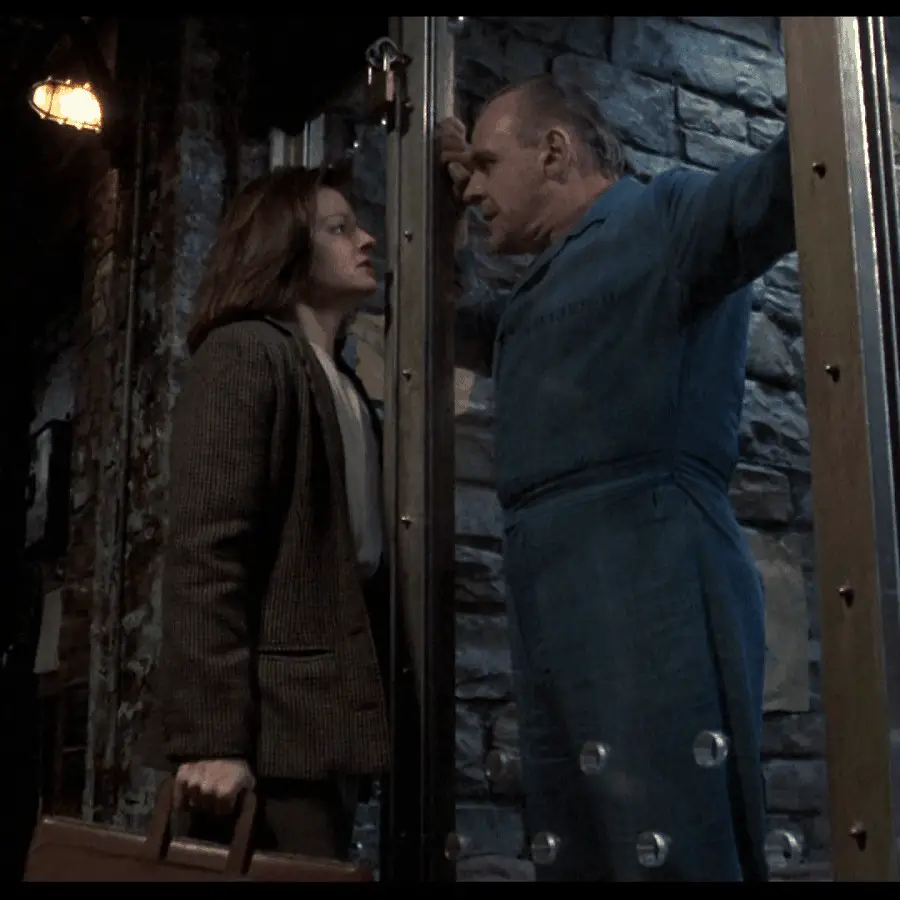
FIVE RIVERS
The five rivers of Hades, according to Ancient Greek thought: Acheron (River of Sorrow/Woe), Cocytus (lamentation), Phlegethon (fire), Lethe (oblivion) and Styx (hate).
HADES
Ancient Greek god of the underworld, the dead and also riches. Lives in the Underworld. After he was born his father gobbled him up, but thankfully for Hades, he was subsequently regurgitated. Zeus told Hades to find a wife, specifically to abduct one. So Hades ‘obtained’ his wife Persephone by abducting her while she was out picking flowers. He also got really worked up if anyone ever tried to leave his domain, so he’s the Greek mythic equivalent of a coercively controlling, abusive man. When another guy, Pirithous, tried to enter the underworld to abduct Persephone, Hades really had it out for him. Hades seems pretty evil to me, but scholars would like to remind us that Hades is more ‘passive’ than ‘evil’, and mostly doesn’t care about his subjects.
HEAVEN
The place where you go when you die, so long as you’ve been ‘good’. The inverse of Hell.
HELL
The world over, human notions of Heaven are above us in the sky; our notions of Hell are below us, underground. This ties in to how we feel symbolically about feet. Feet are ‘dirty’ parts of the body because they touch the ground. Notice how many folkloric creatures from art have weird feet (chicken feet for Baba Yaga, goat feet for Satan and so on). We are suspicious of the ground, whatever lies beneath the ground, and things that touch the ground.
KATABASIS
A mythic journey which takes a hero down into the Underworld. When the hero goes down there he typically rescues a soul, so these stories offer a great opportunity for what storytellers might now call Save The Cat. Modern katabasis may not be a literally underground arena, but instead a psychological space.
MAGIC SCHOOL, THE
“The Magic School” is an Icelandic folk tale about three boys who end up at an underground school. The headmaster is terrifying. If they don’t pass their final exam, there’ll be hell to pay…
If you’d like to hear “The Magic School” read aloud, I recommend the retellings by Parcast’s Tales podcast series. (They have now moved over to Spotify.) These are ancient tales retold using contemporary English, complete with music and Foley effects. Some of these old tales are pretty hard to read, but the Tales podcast presents them in an easily digestible way. “The Magic School” was published May 2021.
MORLOCKS
In The Time Machine by H.G. Wells, the Morlocks are the working class who were relegated to working and living underground so that the rich upper class could live in luxury on the surface.
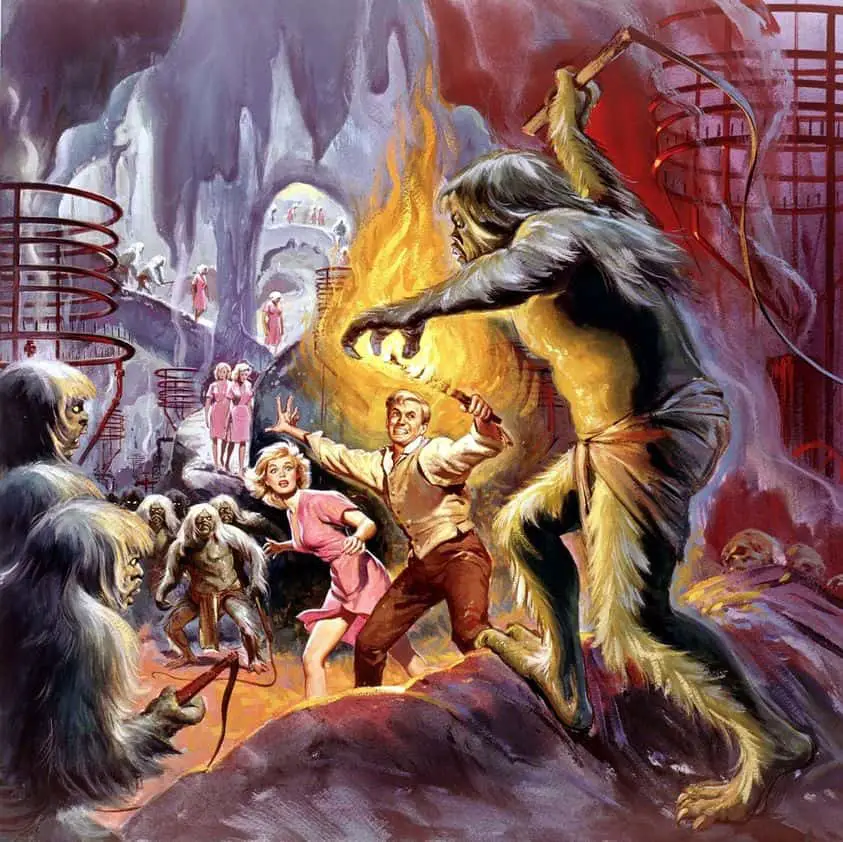
MYTHOLOGICAL DEATHSCAPES
Literal underground arenas are not the only settings which function as mythological deathscapes. Take for example the frozen Wyoming mountains and darkened Mexican foothills of the Sicario trilogy of films.
LETHE
Ancient Greeks believed The Lethe flowed around the cave of Hypnos and through the Underworld. Those who drank from it experienced complete forgetfulness. Lethe was also the name of the Greek spirit of forgetfulness and oblivion.
OCEAN
Symbolically, we should consider ‘the ocean depths’ separately from ‘the top of the sea’. The sea functions more like a desert — it’s dangerous and quite possible to die out there, but the ocean depths are a whole other world, symbolically more like outer space than like anything humans experience on land. The ocean depths are a variant on ‘underground’.
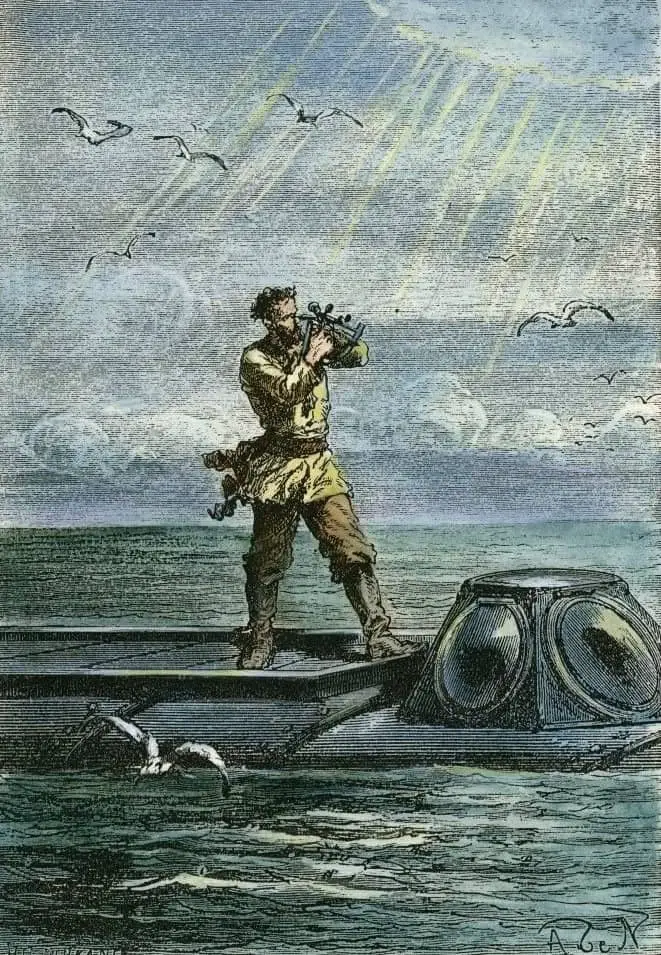
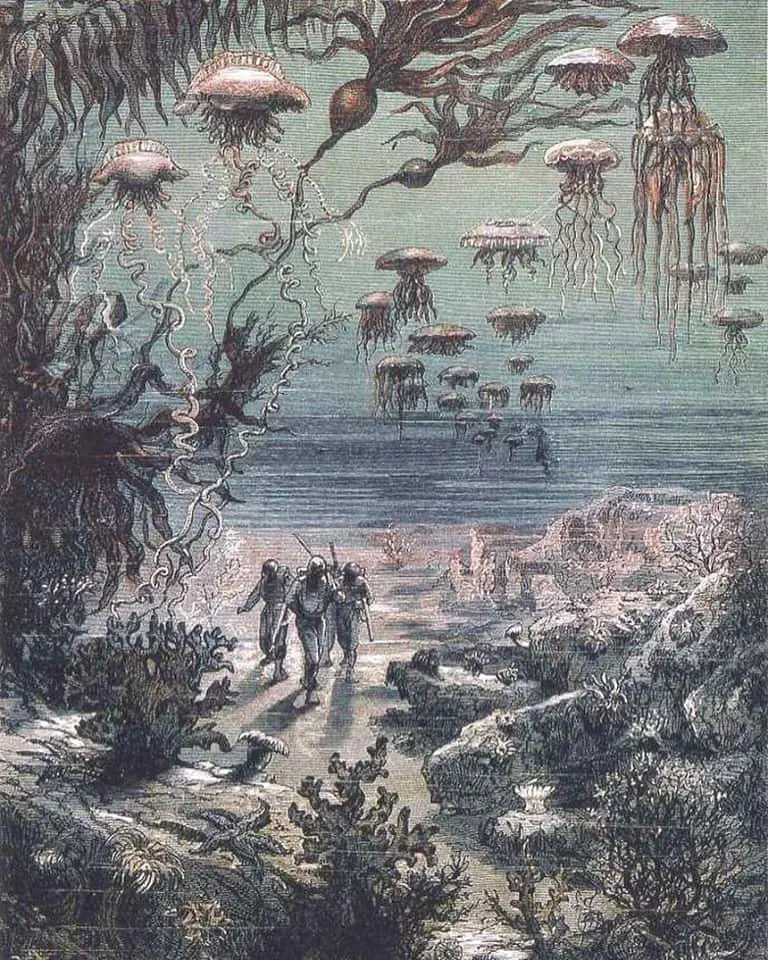
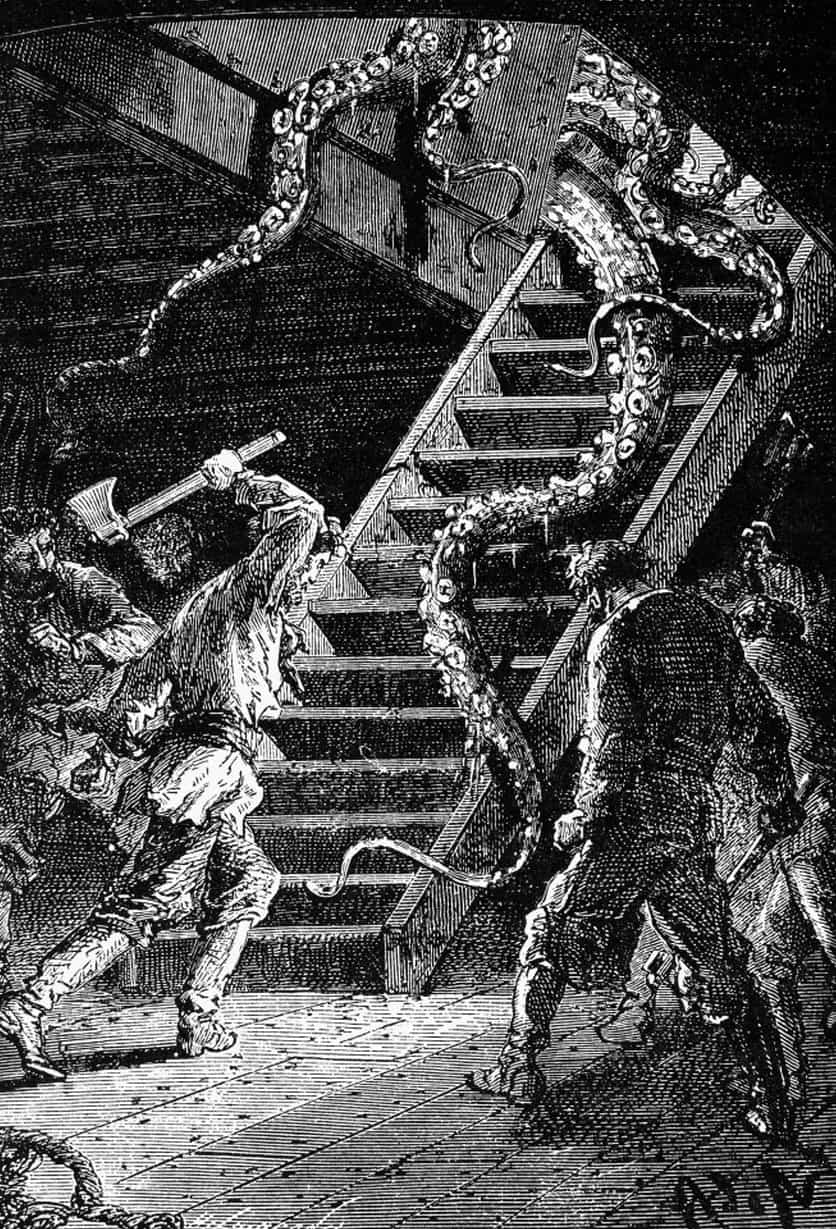
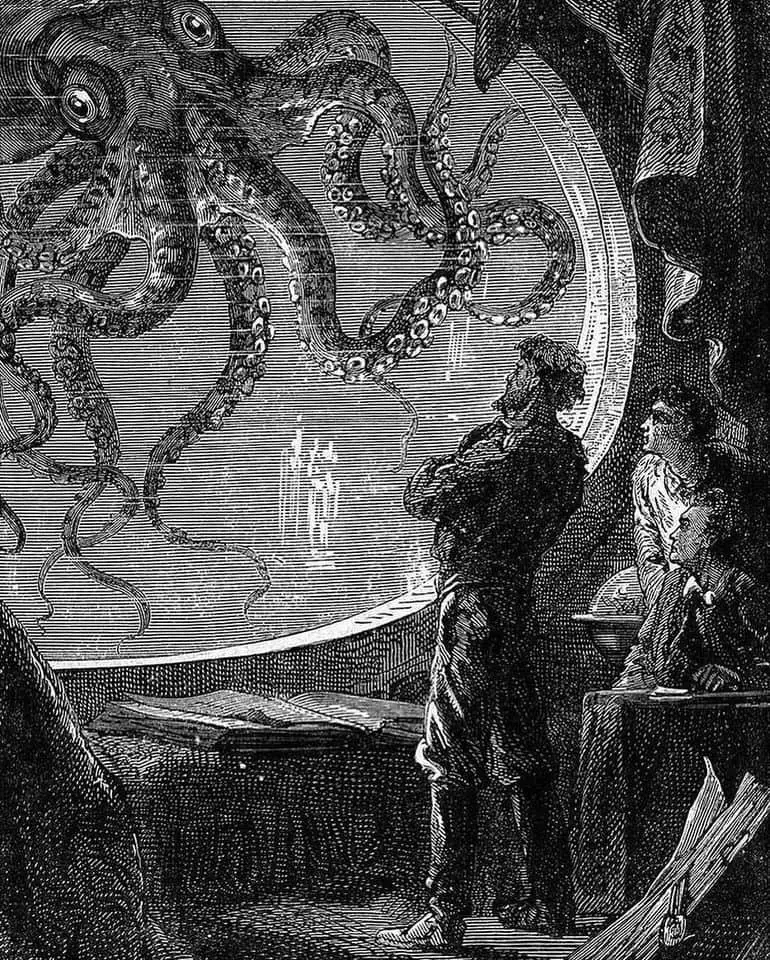
ODYSSEY
The Odyssey is the O.G. masculine mythic journey going back 3000 years. This story started a kind of rule: That in any mythic journey (a.k.a adventure story) a hero’s personal growth must be accompanied by a journey underground. Cf. katabasis. We see main characters venture underground in contemporary Odyssean stories such as Star Wars and The Hobbit. The Odyssey gets quite specific about what hell looks and feels like. For instance, the Fields of Asphodel is the first region of Hades and this is where shades of heroes wander despondently among lesser spirits, who twitter around them like bats.
In The Odyssey, Circe urges Odysseus to consult the seer Tiresias in the Underworld, where many departed souls (including Achilles) appear to him.
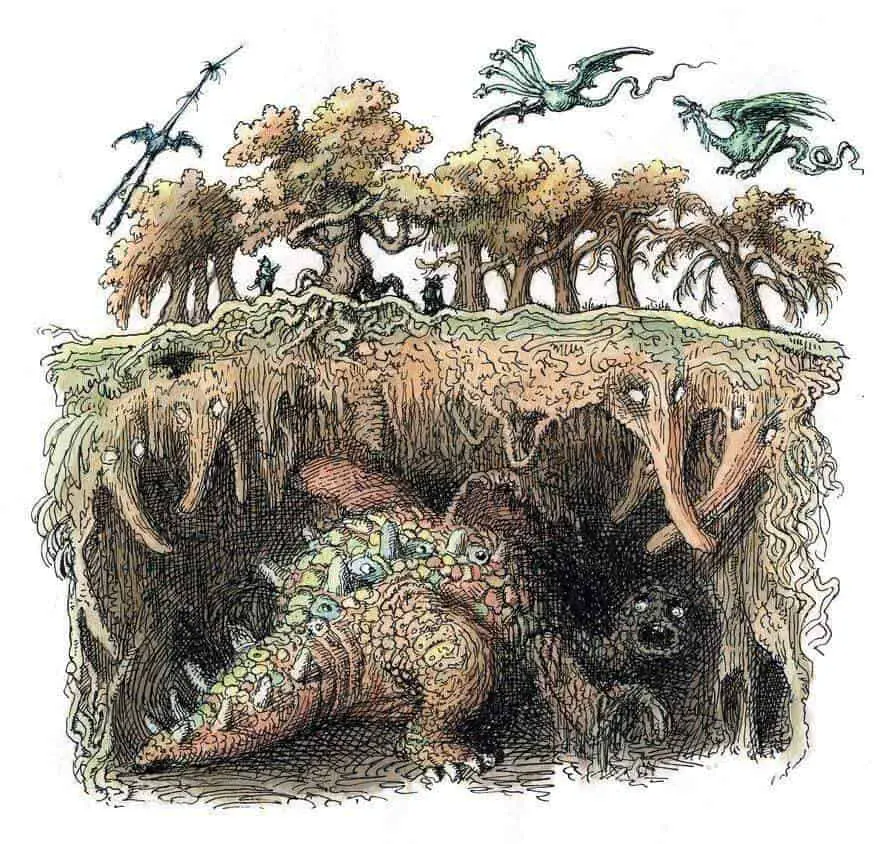
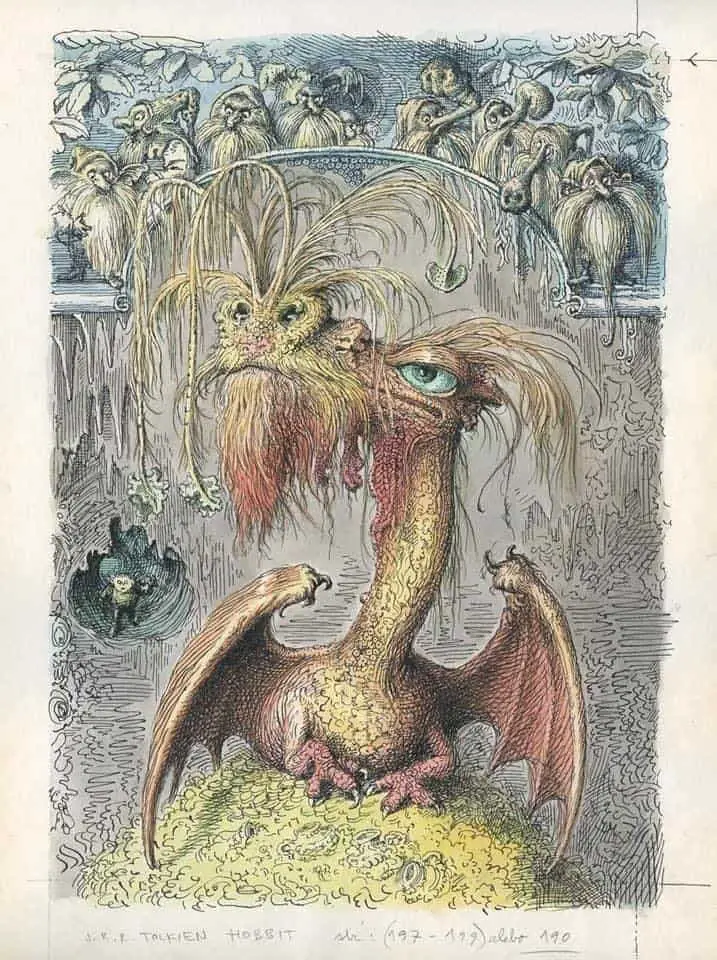
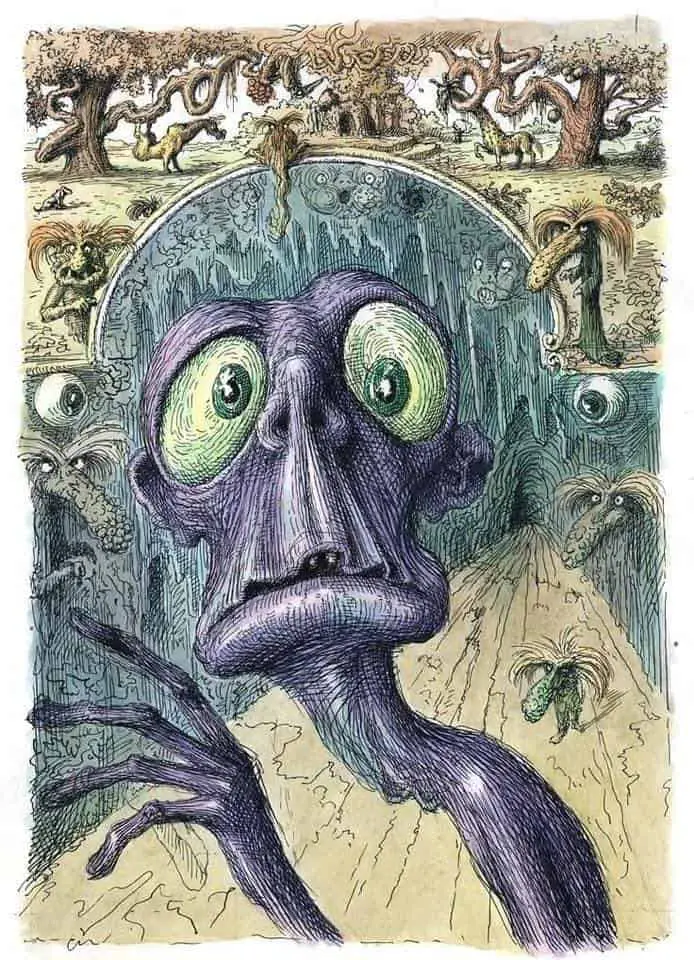
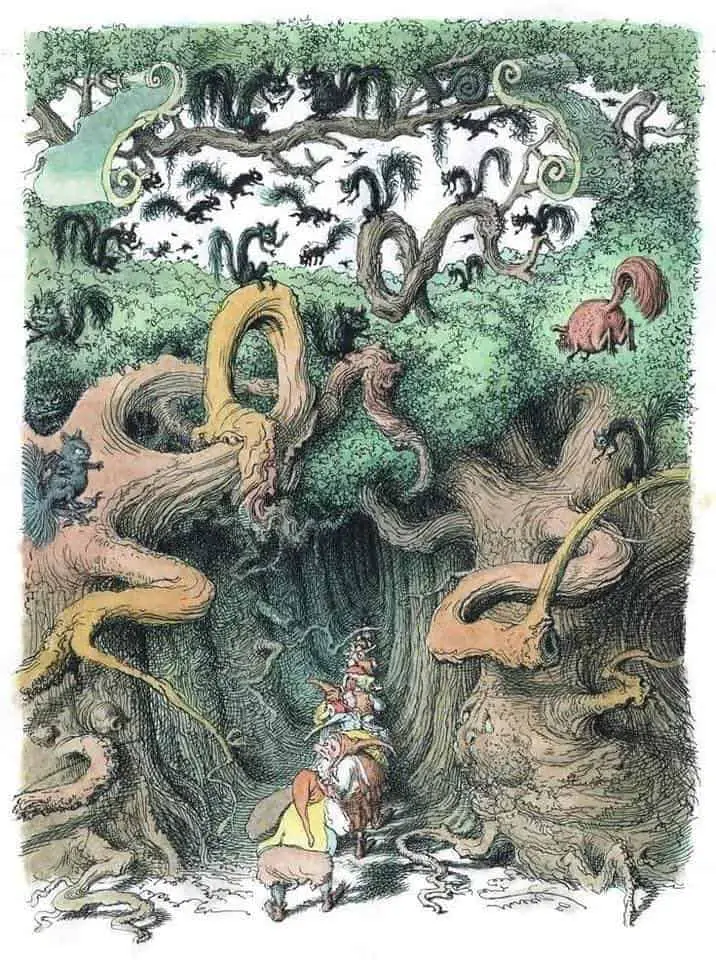
PHLEGETHON
One of the five rivers of the Realm of Hades. Plato describes it as “a stream of fire, which coils round the earth and flows into the depths of Tartarus” (where bad people are sent).
POMEGRANATE
In a Greek myth, after Hades kidnaps Persephone and takes her to his Underworld, Persephone’s mother Demeter misses her and requests her return. Hades is chill with that, apparently, but insists she eats the seed of a pomegranate first. Once you eat the food of the dead you’re bound to return to the realm of the dead. Hades has thusly made sure that he’ll get his kidnapped wife back. Symbolically, for us, pomegranates are symbolically linked to the Underworld. Contemporary stories make use of the trope that once you eat something of another world you become a part of that world. See for example Hayao Miyazaki’s Spirited Away.
PRECIOUS MINERALS
Since precious minerals come from under the Earth, the Ancient Greeks believed Hades had control of them. And because Hades was so closely associated with death they were afraid to say his name, so he euphemistically became known as “the rich one”.
PSYCHOPOMPS
creatures, spirits, angels, or deities in many religions whose responsibility is to escort newly deceased souls from Earth to the afterlife. From a Greek word meaning ‘guide of the souls’.
PURGATORY
In Catholic doctrine, Purgatory is a place or state of suffering inhabited by the souls of sinners who are expiating their sins before going to heaven.
Our notions of purgatory have been heavily influenced by Dante.
RAROHENGA
The designs of Maori male facial tattooing commonly known as Moko, are also referred to as Mataora Moko. Mataora is the Mythical figure attributed with venturing into Rarohenga (the Underworld), bringing back with him knowledge of tattooing.
RATS
Rats are associated with the underworld, owing to their habit of running around the sewers, the underground train network and whatnot.
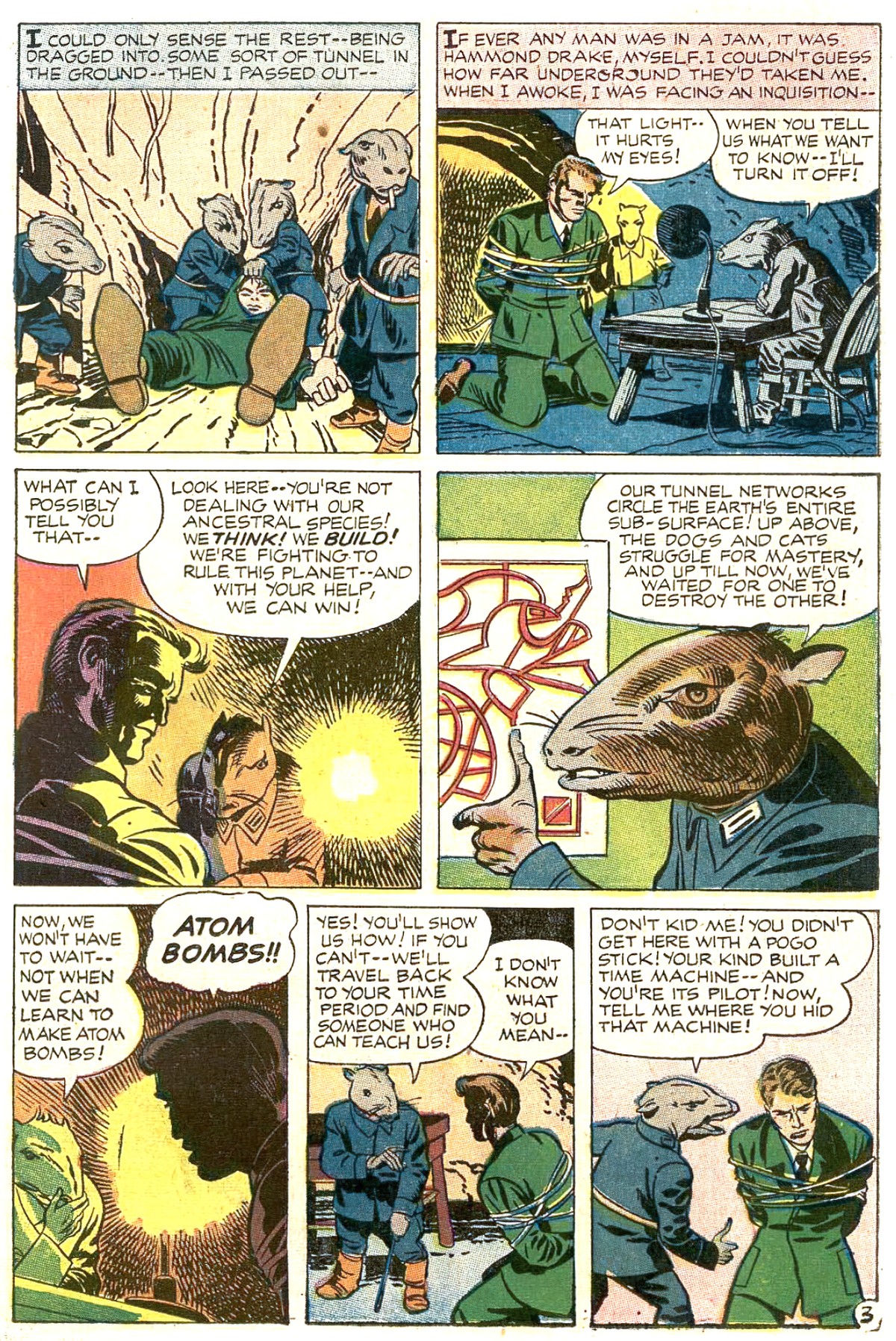
REALM OF HADES
Hades is the guy who rules the Ancient Greek Underworld, but what is actually like down there? We know he has a palace, a chariot, and likes to sit on couches. He’s got pomegrantes. In the older Greek myths, the realm of Hades is gloomy and misty. (Cf. The Symbolism of Fog.) Once mortals go down there, they can’t come back. (Makes sense, since that’s how death works.) There are five rivers.
STYX
The Hellenes believed dead people got to the Underworld by crossing The River Styx, one of the five rivers of Hades. The River Styx is the river of hate. The dead got ferried across by a guy called Charon. If they didn’t have a coin for him because they were poor or because they didn’t have any loved ones to place one into their mouths, they had to gather on the banks. Charon did not work for charity.
TARTARUS
Ancient Greeks got sent down the road to Tartarus if they were judged by the Three Judges to have been bad/impious. They end up in a deep abyss, used as a dungeon of torment and suffering. Also as the prison for the Titans (the pre-Olympian gods). As you may have guessed, the Ancient Greeks didn’t think much of the Titans. After a ten year war called the Titanomachy, Zeus and his five siblings defeated the Titans. Most were sent to Tartarus as punishment. But those who didn’t take part in the war didn’t have to go down there. Some were punished differently. For example, Atlas’s punishment for helping Cronus was to hold the sky up for eternity.
THREE JUDGES
According to the Ancient Greeks there were three judges of the Underworld: Minos, Rhadamanthus and Aeacus.
TOMB
The following comic strip perfectly encapsulates various fears to do with the underground.
“This place is like a tomb! No people, no guards… We should turn back! I feel it!”
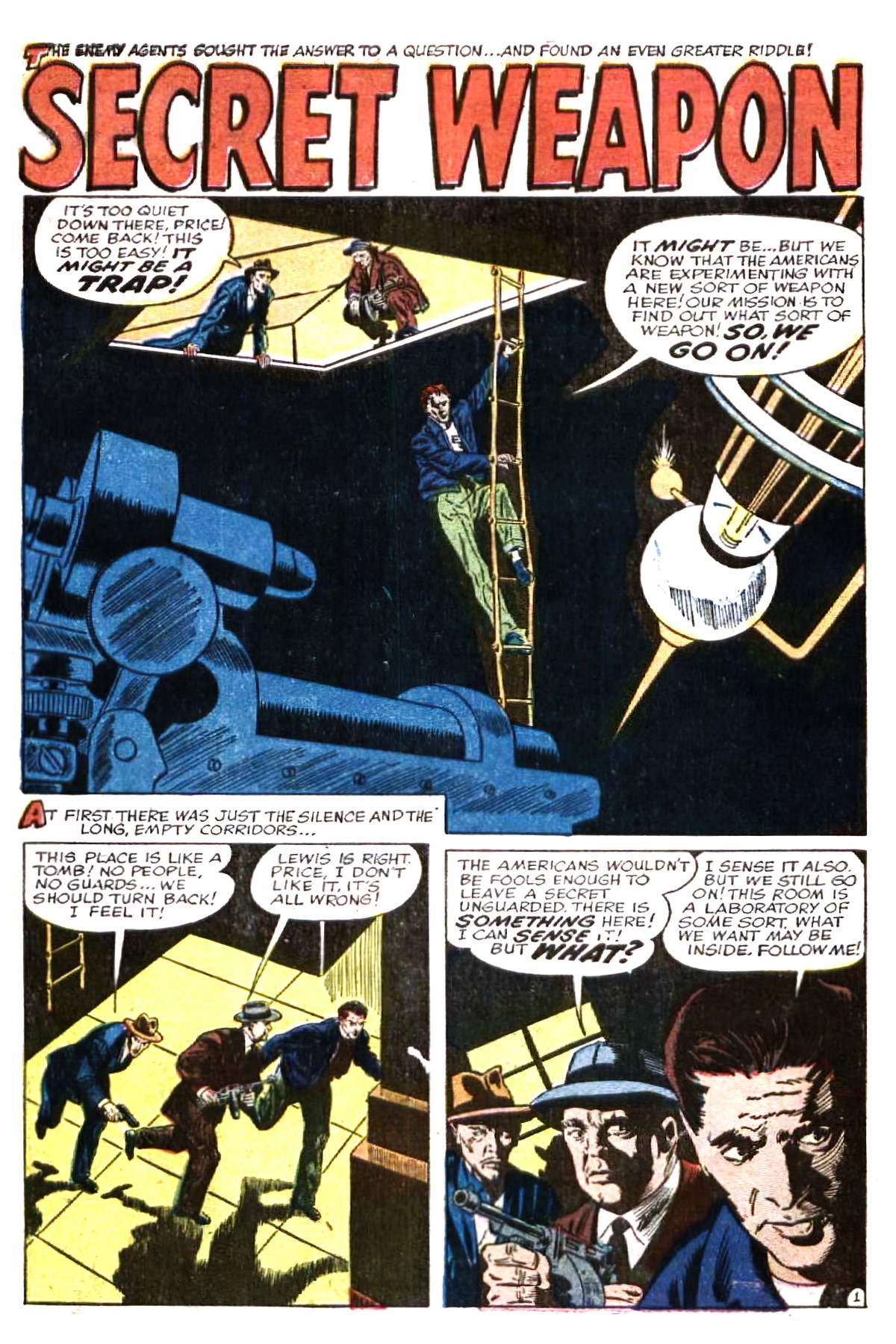
TRIVIUM
The crossroads or fork where three roads meet. Once the Ancient Greeks get to Hades, they are judged by the Three Judges. Most of us are neither very good nor very bad, so we’d get sent to the Asphodel Meadows. If you’re really bad you get sent down the road to Tartarus. If you’re really good you get sent to Elysium (meaning Islands of the Blessed), along with other “blameless” heroes.
VIRGIL (OR VERGIL)
An ancient Roman poet of the Augustan period. He wrote three of the most famous poems in Latin literature: the Eclogues (or Bucolics), the Georgics, and the epic Aeneid. “The Aeneid” is an epic journey undertaken by a guy called Aeneus. Since those old masculine mythic journeys require a trip underground, Aeneus goes underground. (Dante and Virgil were both obsessed with demons passing through hell.) This epic poem was highly influential in how the ancient Romans (and beyond) thought about death.
UNDERGROWTH
The forest equivalent of the ‘underground’ without actually being underground. In narrative, at least, this is a natural landscape where you may find humans doing things they don’t think they should be doing. The forest undergrowth is a heterotopia, where the rules of society are different. (The forest undergrowth is a heterotopia within a heterotopia, because the forest itself is heterotopic.)

UPPER WORLD
If we’re going to talk about the ‘underworld’ we need a word to describe the regular place where people live. The Romans called this place the upper world.
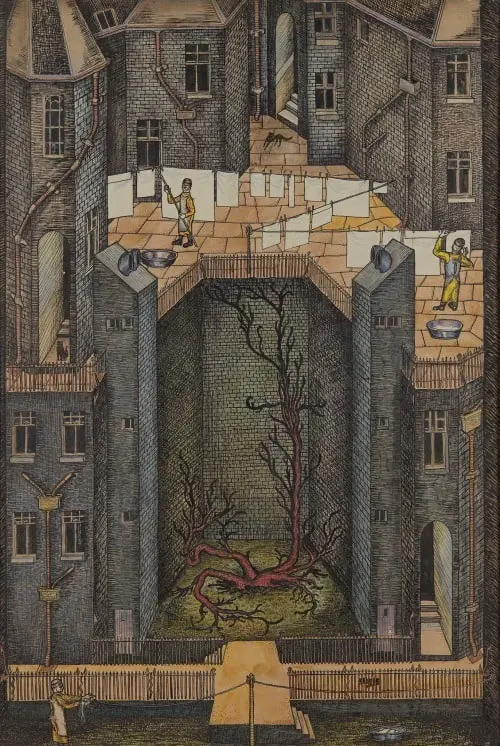
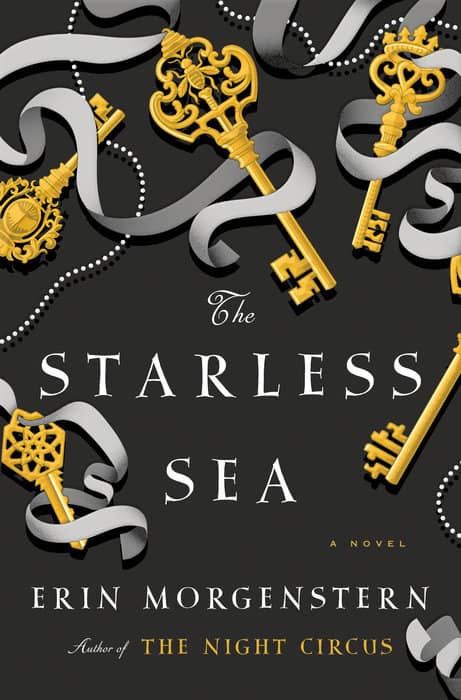
From the New York Times bestselling author of The Night Circus, a timeless love story set in a secret underground world—a place of pirates, painters, lovers, liars, and ships that sail upon a starless sea.
Zachary Ezra Rawlins is a graduate student in Vermont when he discovers a mysterious book hidden in the stacks. As he turns the pages, entranced by tales of lovelorn prisoners, key collectors, and nameless acolytes, he reads something strange: a story from his own childhood. Bewildered by this inexplicable book and desperate to make sense of how his own life came to be recorded, Zachary uncovers a series of clues—a bee, a key, and a sword—that lead him to a masquerade party in New York, to a secret club, and through a doorway to an ancient library hidden far below the surface of the earth. What Zachary finds in this curious place is more than just a buried home for books and their guardians—it is a place of lost cities and seas, lovers who pass notes under doors and across time, and of stories whispered by the dead. Zachary learns of those who have sacrificed much to protect this realm, relinquishing their sight and their tongues to preserve this archive, and also of those who are intent on its destruction. Together with Mirabel, a fierce, pink-haired protector of the place, and Dorian, a handsome, barefoot man with shifting alliances, Zachary travels the twisting tunnels, darkened stairwells, crowded ballrooms, and sweetly soaked shores of this magical world, discovering his purpose—in both the mysterious book and in his own life.
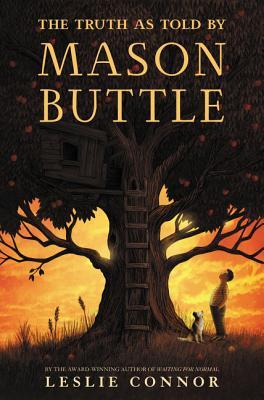
Mason Buttle is the biggest, sweatiest kid in his grade, and everyone knows he can barely read or write. Mason’s learning disabilities are compounded by grief. Fifteen months ago, Mason’s best friend, Benny Kilmartin, turned up dead in the Buttle family’s orchard. An investigation drags on, and Mason, honest as the day is long, can’t understand why Lieutenant Baird won’t believe the story Mason has told about that day.
Both Mason and his new friend, tiny Calvin Chumsky, are relentlessly bullied by the other boys in their neighborhood, so they create an underground club space for themselves in an abandoned root cellar behind Mason’s house. When Calvin goes missing, Mason finds himself in trouble again. He’s desperate to figure out what happened to Calvin, and eventually, Benny.
But will anyone believe him?
